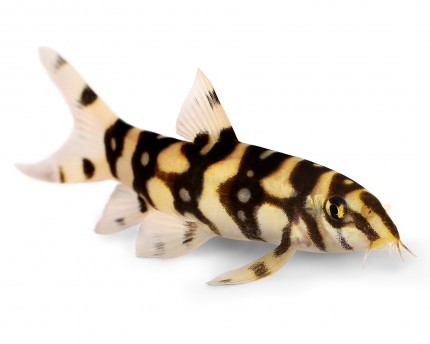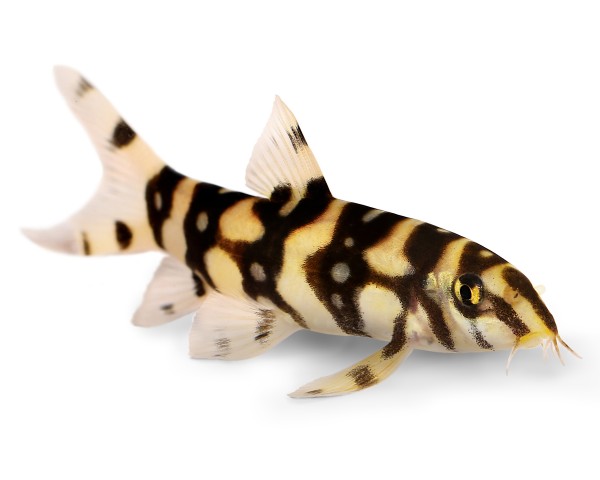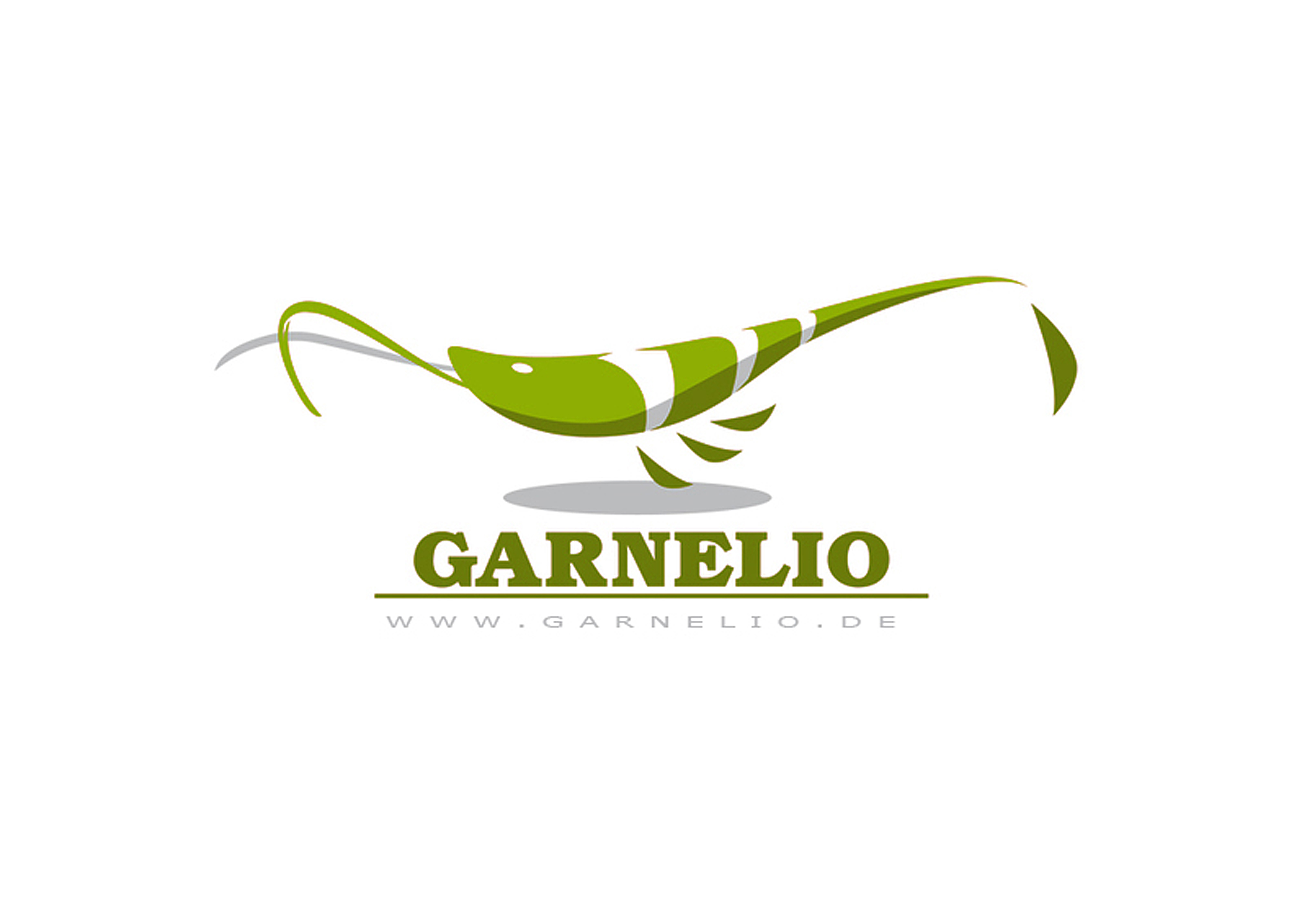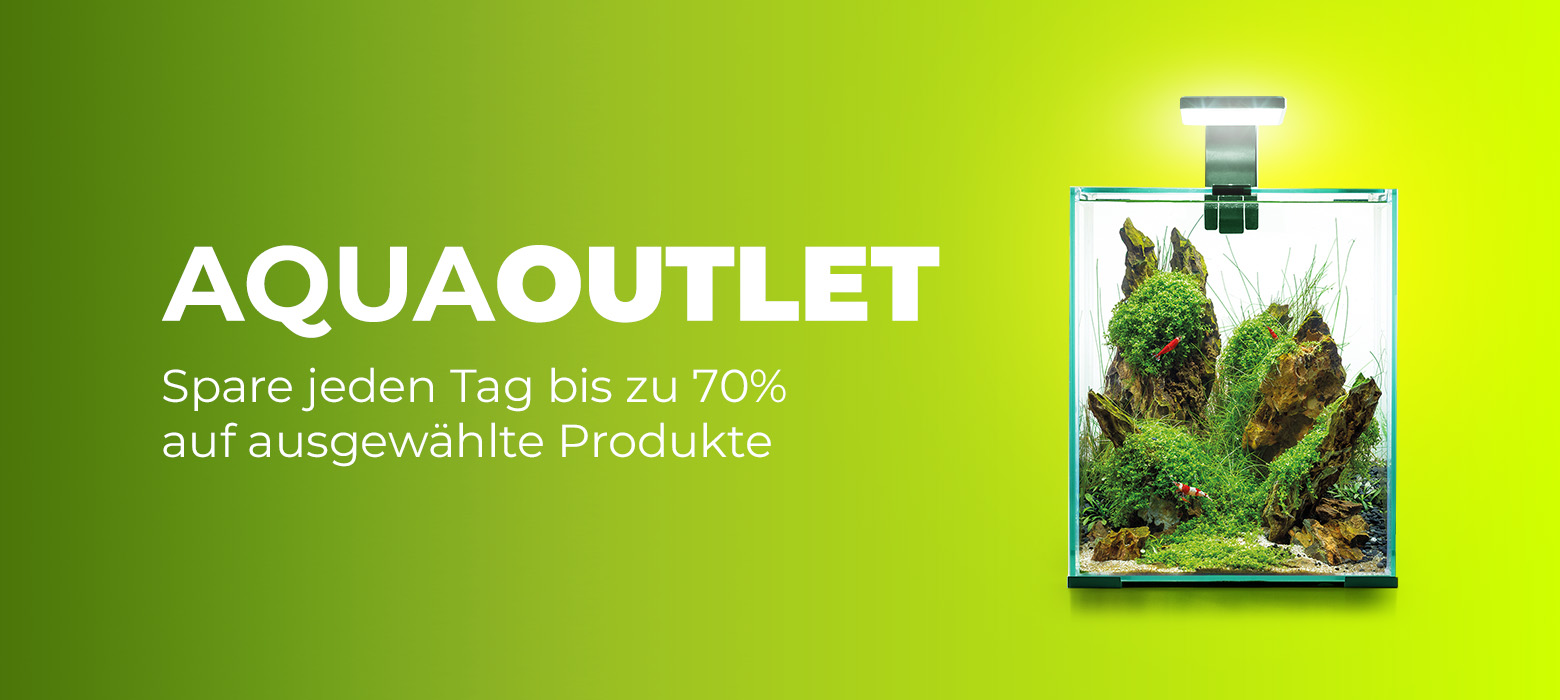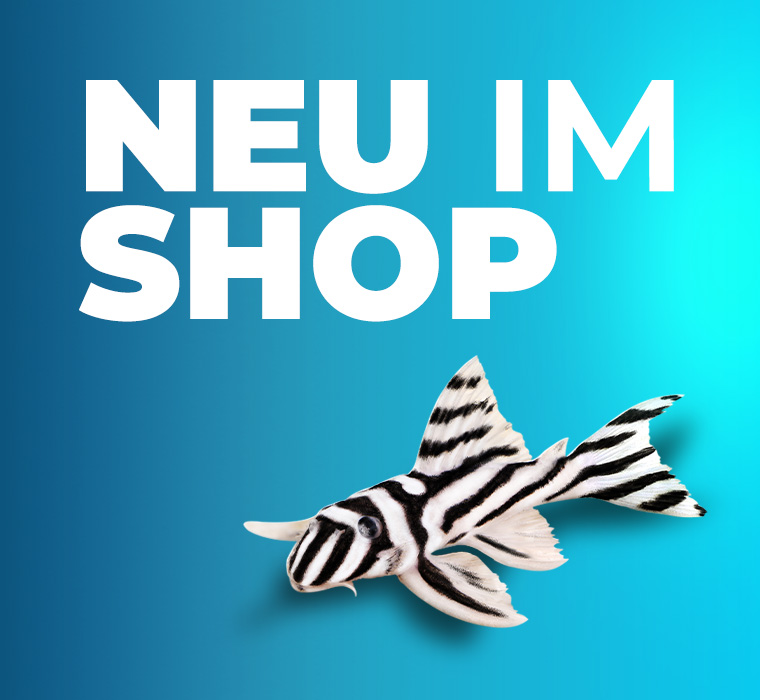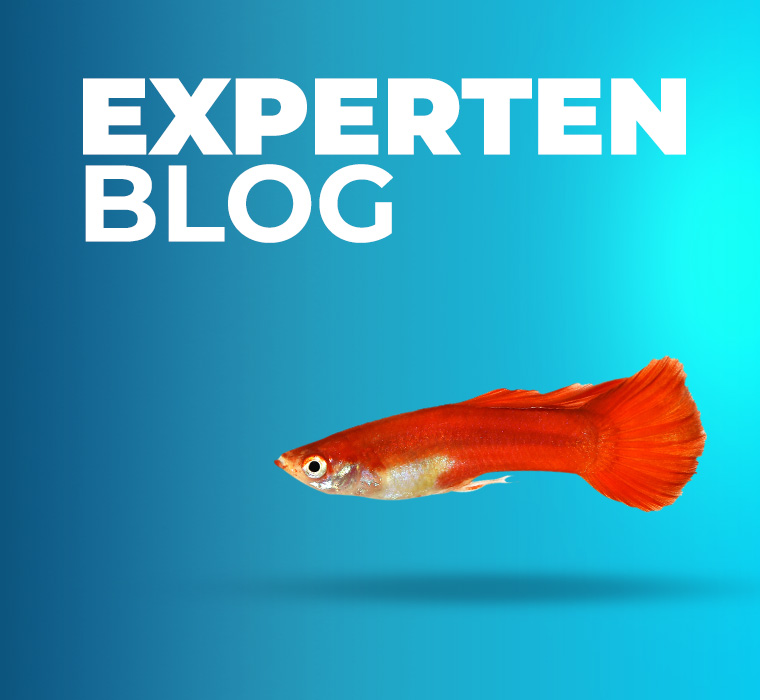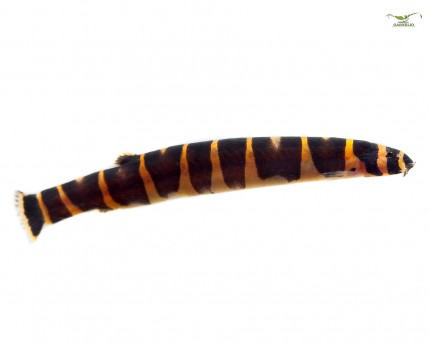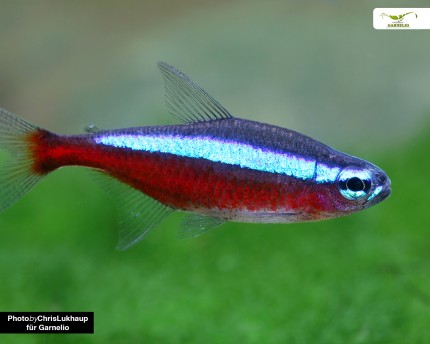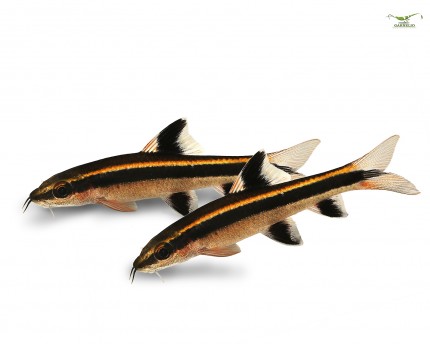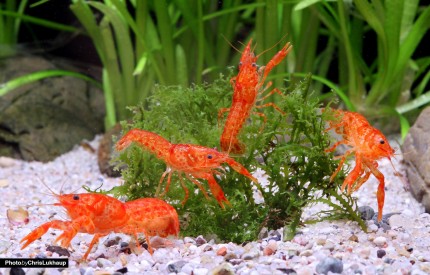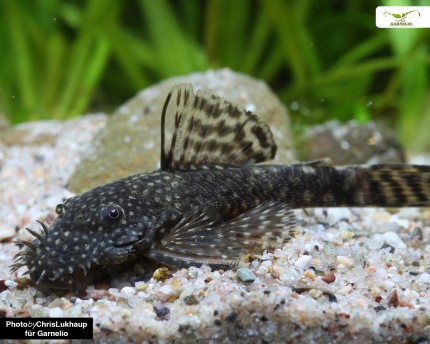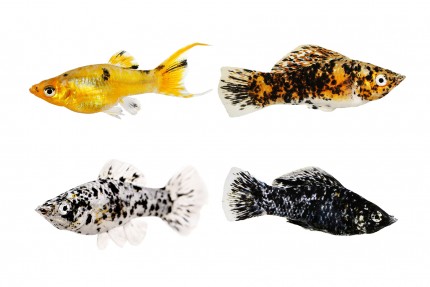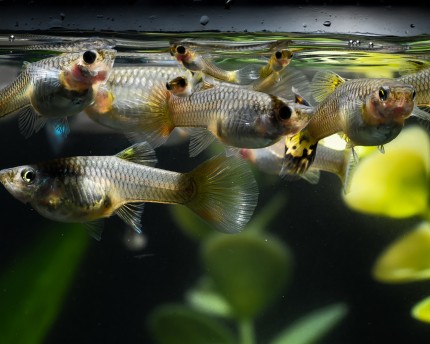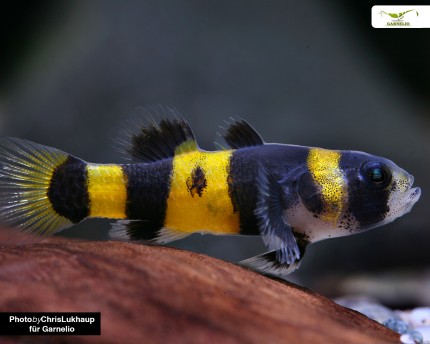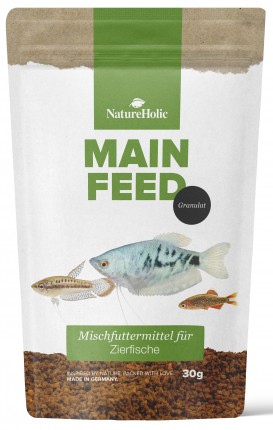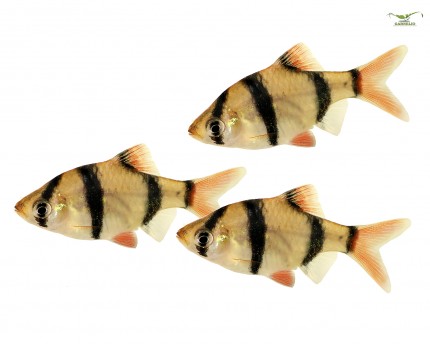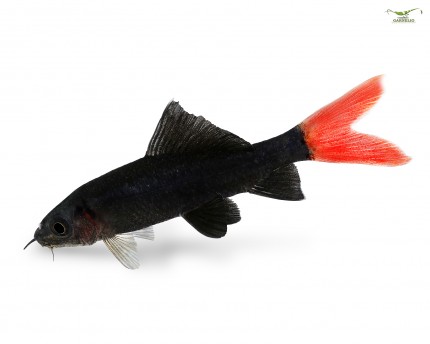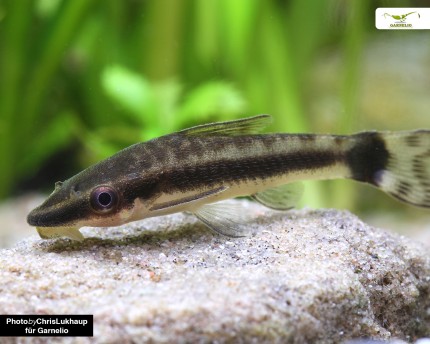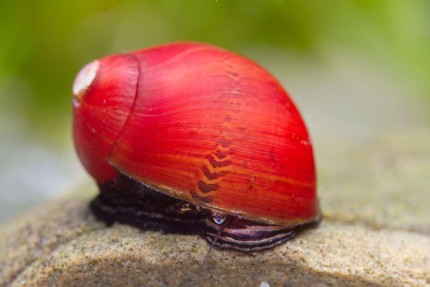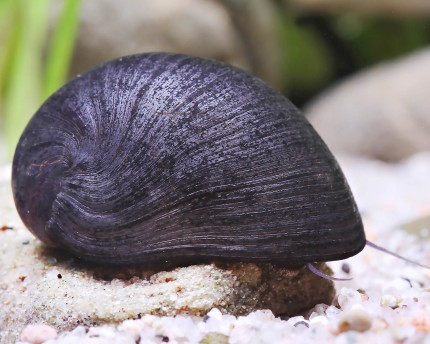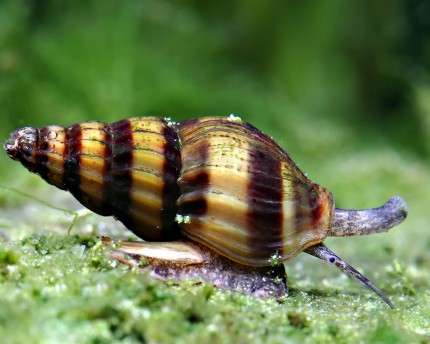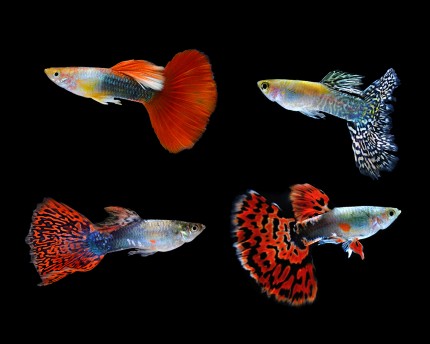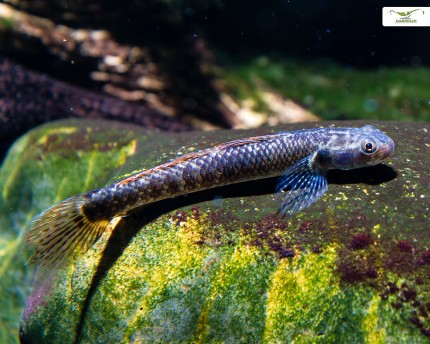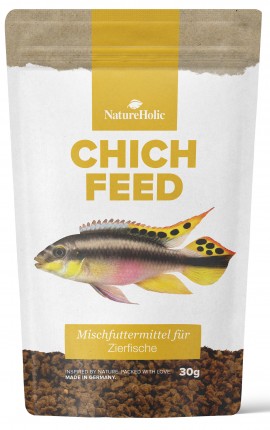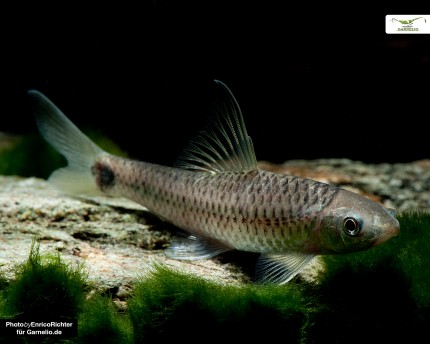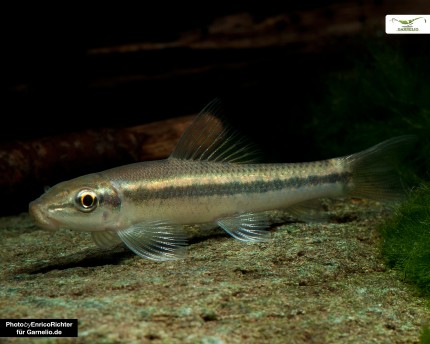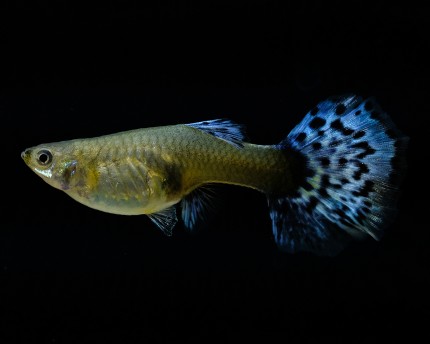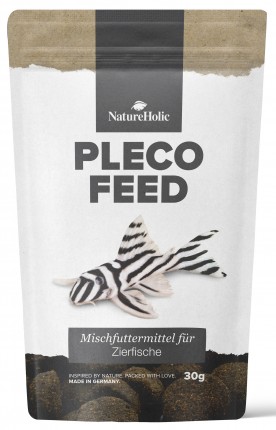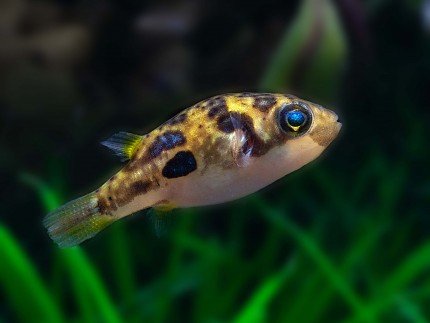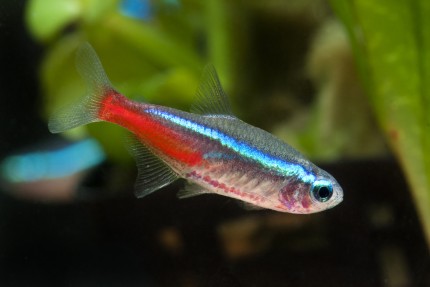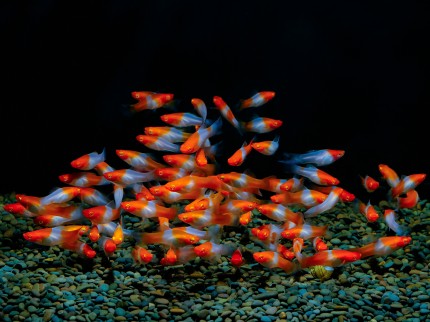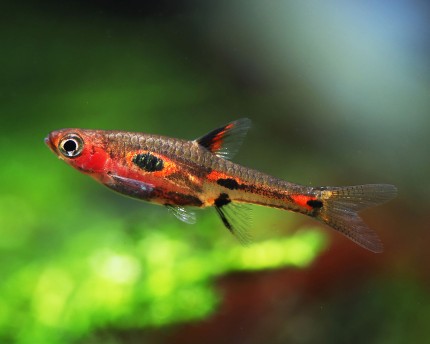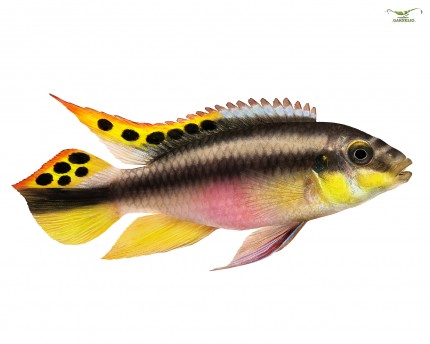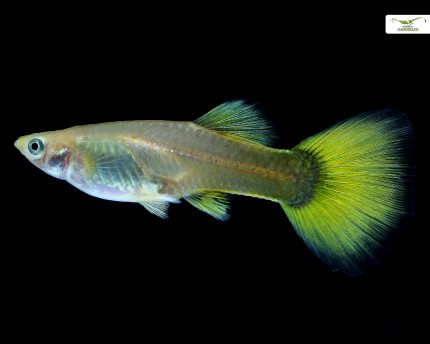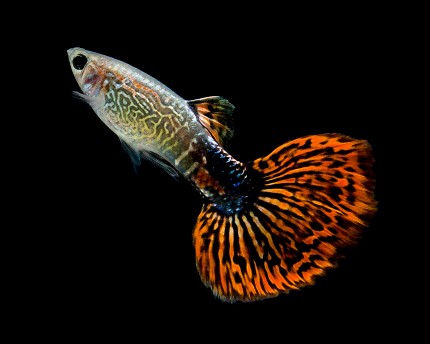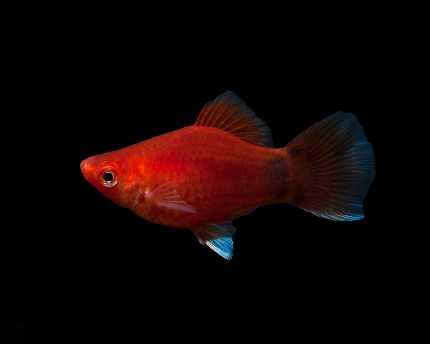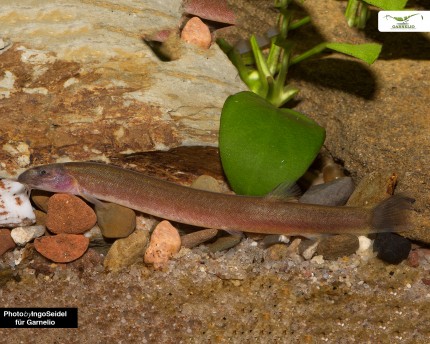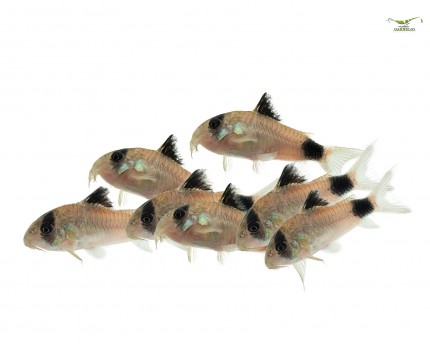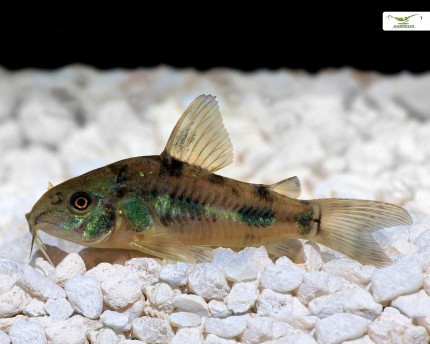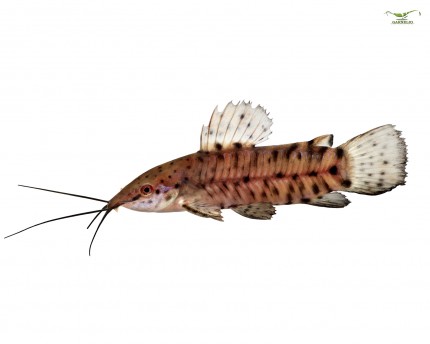incl. VAT plus shipping costs
Ready for shipment in 2 Day(s)
Delivery only innh. Germany and Austria possible.
Switch to the German store
- Item no: 7139
Fast delivery times
All products are in stock with us!14 years of breeding experience
Let our team of experts advise you!High customer satisfaction
from over 3,000 reviews "| Water values: | soft to medium hard |
| Visual effect: | Swarm behavior |
| Temperature: | 25-30 °C |
| with fish?: | Yes, with peaceful fish |
| with snails/shells?: | No |
| Aquarium size: | 250/300 l (approx. 120cm) |
| Fish group: | Loaches |
| Final size: | > 12cm |
| Pelvic region: | Below |
| Planting possible?: | Yes |
| Origin: | Asia |
| Difficulty: | 1 - Simple |
| Feature: | dynamic group behavior |
| Behavior: | Normal |
| with large crabs?: | No |
| Breeding: | heavy |
| Diet: | molluskivor - snail eater |
| with dwarf crabs?: | No |
| with shrimps?: | Socialization not possible |
| with crabs?: | No |
Like its relatives, the net loach, Botia lohachata, is one of the favorites among loaches, which, unlike its almost small brothers, can grow up to 18 cm. The name alone gives information about the great net pattern that adorns their body. Their habitat changes depending on their age, as these loaches are migratory in the wild, inhabiting the draining mountain rivers below the Himalayas in India and Nepal, as well as Pakistan and Bangladesh when they are young, but climbing them upward in adulthood, well above 1600 meters above sea level. Their habitats are deeper rather low-flow riverbeds and tributaries with rocky and stony bottoms. These peaceful, but also very large and correspondingly old growing animals are quite tolerant of their water parameters and can therefore also be kept by beginners in community aquariums.
Contrary to many statements, the loach is not an aggressive individual fish, but, on the contrary, a social group animal that depends on its conspecifics and acts out intra-species aggression, which is part of its social behavior, among themselves. Like other loaches, the body of the net loach has very tiny scales that give the impression of having a leathery skin. Like its relatives, it has an under-eye spine that it can erect. Mainly this serves as protection from predators in their habitat. There are barbels on the pointed mouth. When young, reticulated loaches exhibit a distinct dark ypsilon pattern on the body, which becomes reticulated and lighter with age. Reticulated loaches can communicate by making clicking sounds, some of which can even be heard outside the aquarium. A very social and sociable fish, it prefers its own resting places, but does not become territorial and will sometimes rest in a group on rocks or the substrate. With age, net loaches can be distinguished mainly by the distinct spawning pattern of the females, which are also said to be rounder and plumper.
Breeding in aquariums is not yet known, but due to their migratory behavior at various ages, it can be assumed that net loaches move to deeper sections of the river to spawn and then return.
Due to their possible final size of up to 18cm and their necessary group size of at least 6 animals, the Net Loach is rather suitable for larger aquariums of at least 120 liters and larger. Their alleged permanent aggressive behavior is in all likelihood due to essential husbandry errors. The home of the loach is rather simple: a sandy substrate to rummage through with rocky ground in the form of slate plates and stone structures, as well as a marginal border planting with occasional weeds are sufficient. However, care should be taken to provide at least 1.5 times as many hiding places as loaches. Although it makes hardly any demands on the water values, a rather acidic water with a total hardness of 2-16° dGH, as well as a pH of 6.0-7.5 and a temperature between 24-30° C has proven itself.
As already mentioned, the Net Loach is a character fish, which should be kept according to this character. To ensure peace and quiet, it should be kept in a group with at least 5 others of its kind to give it the opportunity to fight out its typical rank disputes among themselves. Due to their possible final size, other bottom-dwelling fish such as catfish are quickly outnumbered and are therefore of limited suitability. In any case, invertebrates and especially snails expand the diet of the loach, which takes its food in all water zones, even backwards with the belly up from the water surface. For example, danios and tetras, as well as short-finned fish, represent suitable co-fish.
Net loaches are omnivores that rummage through the substrate for food, especially snails and small crustaceans. Due to their great passion for snails, it can be assumed that these make up a large portion of their diet in the wild, so they should be fed regularly if their own snail population has been largely decimated. Aside from this, however, the reticulated loach can be switched to dry and granular foods, as well as sinking chips, tablets, and wafers. Occasional live and frozen foods are very readily accepted and round out their diet. Although they usually seek their food on the bottom, they will also swim to the water's surface to pick it up and will snap at a tidbit while swimming on their backs. In general, they are very good, albeit very hectic eaters that really "rev up" as soon as something edible enters the aquarium.
Our food recommendation: The NatureHolic Catfish Feed for all aufwuchs feeding sucking catfish in the aquarium is a balanced tablet food, which does not cloud the water and the fish like to eat. The catfish tablets also contain NatureHolic active ingredient complexes that provide sucking catfish with everything they need for a strong immune system, healthy growth and great, contrasting coloration. As a snack, supplemental food or vacation food, we recommend the CatfishPlates.
Our plant recommendation: Use for planting NatureHolic InVitros. These are free of snails, planarians and other unwanted co-inhabitants. Also free of algae spores, bacteria and fungi.
Expert Tip: We recommend for fish keeping the NatureHolic 3 Phase Liquid. The care set offers the best all-round protection for your animals. It ensures optimal conditions for successful breeding and keeping.
| Scientific name: | Botia lohachata |
| German name: | Net loach |
| Difficulty level: | for beginners |
| Origin/Distribution: | India, Pakistan, Bangladesh |
| Coloration: | tiny scales on grayish silver body with ypsilon pattern, or reticulated pattern |
| Age expectancy | 6-8 |
| Water parameters: | GH 2-20, KH 4-10, pH 6.5-7, temperature 24-30° C |
| Tank size: | 120 cm and up |
| Food | Omnivorous, aufwuchs, algae, live and frozen food, dry food, granules, chips, wafers, tablets, food snails |
| Breeding | not breedable |
| Behavior | territorial and aggressive towards conspecifics |
| Group size | at least 6 animals |
| Further information | Ten typical aquarium fish for beginners and alternatives to them, Tips for acclimating fish to the aquarium, Feeding aquarium fish properly - cheap food and what it can do |
- Item no: 7139
- EAN No.: 7427061496833
Entdecke die Garnelio Welt!
Garnelio gehört zu den größten Onlineshops für wirbellose Aquarientiere weltweit.
Viele Artikel gibt es exklusiv nur bei uns im Shop.

